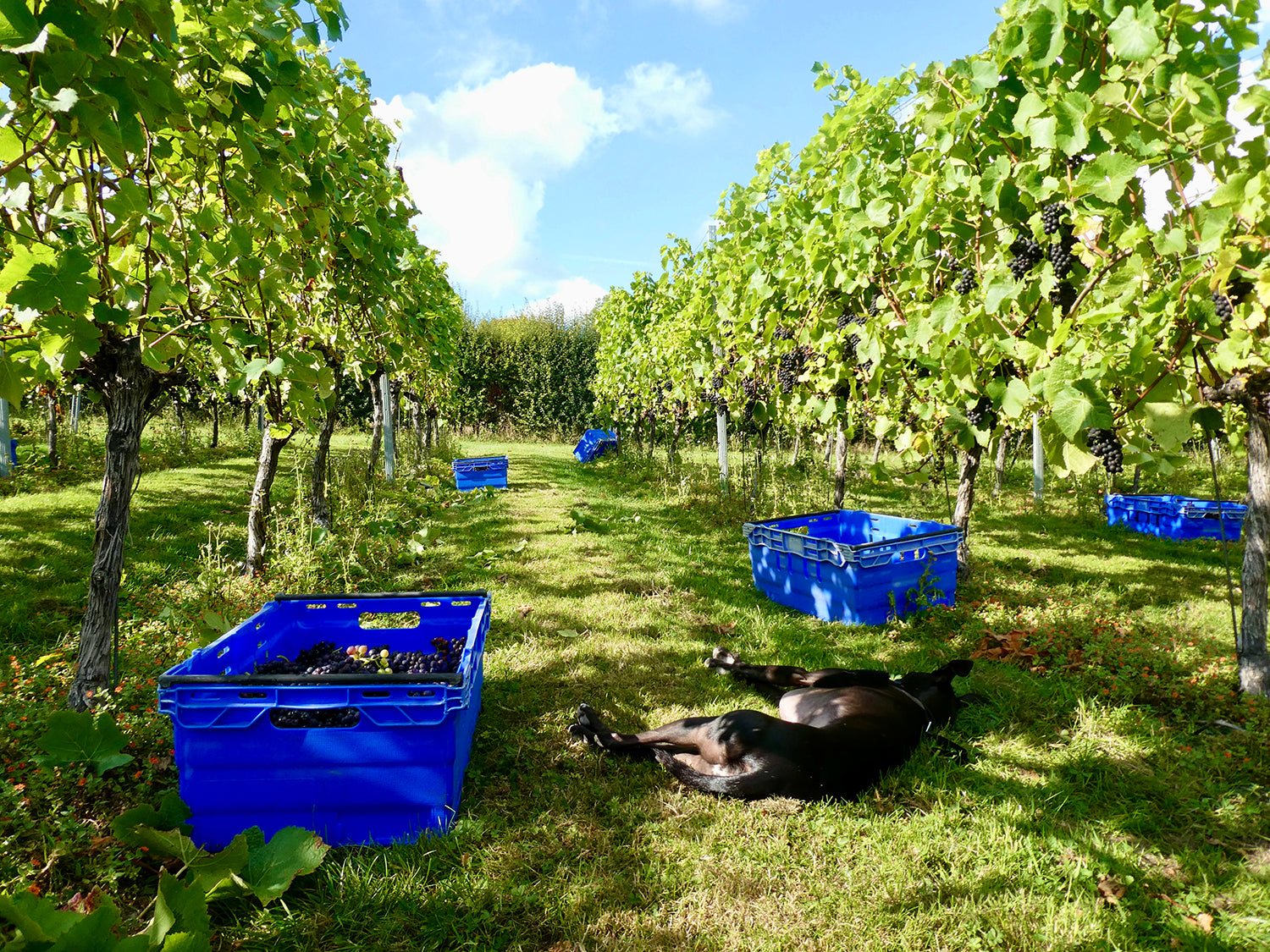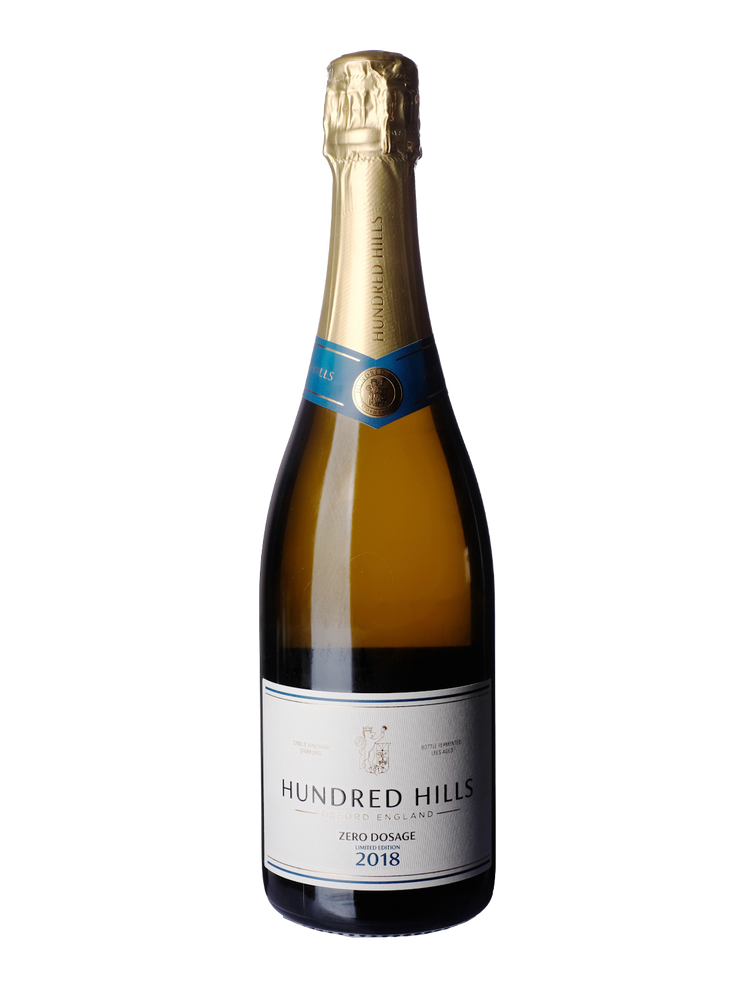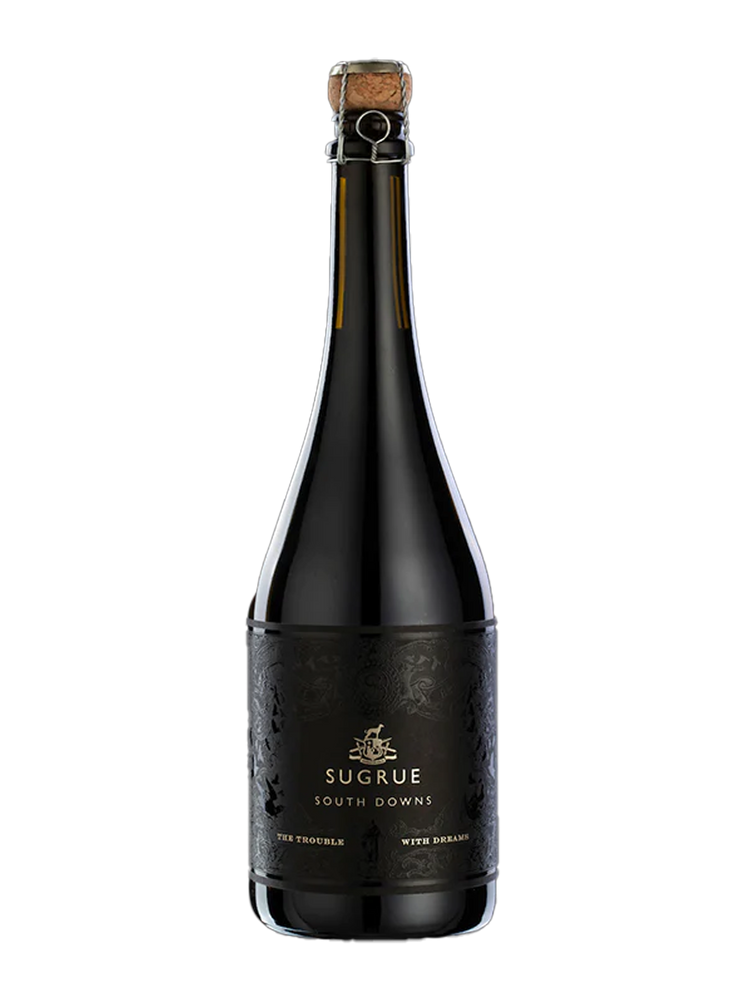English wine supply has shot up in recent years thanks to some rather bullish investment. Who on earth is going to drink it all? Especially £40+ English champagne?! There are very few wines we don’t import in England - wine drinkers enjoy an unrivalled choice here - which begs the question of whether we really need to make our own English wine in the first place.
As a wine producer, the UK had no real identity, and even less diversity. At times, it felt as if we were copying/competing with the French (sigh) and not looking to the right places for inspiration on varieties, styles, farming and future proofing.
My English Wine Odyssey
I’d had the idea for this jaunt for two or three years, but there was always a reason not to do it. When 2020 came around serving up the unholy trinity of a break-up, Covid, and cancer in a mere matter of months, the ‘Fuck it, let’s go!’ approach seemed entirely sensible.
The intention was to keep the itinerary fluid and flexible in keeping with the romantic notion of a road trip. Plus, proper planning runs the risk of realising the stupidity of the idea before setting off. So, in effect, I just set off - in a 38-year-old campervan I’d bought the week before. To give you an idea of how competent a driver I am not, I had to call the RAC out before I left my own street.

Anyway, back to English wine. The Sourcing Table team asked me to cover things such as:
- The maturing of the English wine industry (has it?)
- Why I think people should drink more English wine (hmm, should they?)
- What excites me about it (not the prices, that’s for sure)
- Why I’ve decided to try to write a book about English wine (answers on a postcard please)
I have no finite answers to any of these questions, I’m afraid.
As I said, this whole English wine road trip was very loosely planned. On day three, I awarded myself RAC’s Customer of the Year as I was being towed out of a field in Devon, while sourcing my own replacement parts. Fiendishly planned press trips with generous budgets were, at that point, looking rather more practical. But isn‘t life meant to be about the journey? I hate people who say things like that. Especially when you’re trying to get somewhere…
Where Is England, Wine-Wise?
I’m most excited about the new still wines coming through, but the English sparkling wine offer gets bigger and better every year. It’s crucial for the sector not to be dominated by two or three brands focussed on challenging Champagne.
There are also more producers making other styles of wine, such as Col Fondo and Pet-Nat, which are great and accessible. Alternatively, they’re using Charmat (like Prosecco, which has by accounts ruffled some feathers) and carbonation to keep costs down.
English wine regionality hasn’t properly developed yet, and no one seems sure that it will. A lot of wine people are obsessed with place, but perhaps we don’t need to worry too much for now.
For perspective, the Loire Valley wine route stretches to 800km in length, and Trevibban to Tillingham is just under 500km. Granted, the Loire is massive, and has all sorts of climates and soil, but you get the point.

The south-east is lumped together as one, enjoying the ‘best’ soils and weather, but it all feels rather vague. The south-west is wet but workable, but good results can be achieved.
I had a brilliant time at the largely organic Trevibban Mill near Padstow, which shares a winemaker with Oxney, an organic estate in East Sussex, and is the home to the wonderful Wild Wine School who run a brilliant hybrid programme of WSET courses and others focused on sustainable viticulture and low intervention English winemaking, all taught outside in the vineyard.
The Pioneering Spirit Of English Wine
English wine’s move away from traditional-method sparkling wine has brought interest in other varieties and vessels, with some used to bring out the best of the hybrids historically planted here.
Tim Phillips of Charlie Herring planted Riesling and then Sauvignon; Ancre Hill in Monmouthshire planted Albariño; and Ben Walgate at Tillingham has 20 varieties, including Gamay and Trousseau and makes dozens of cuvées, several in qvevri. I can’t think of a better way to explore, discover and develop what English wine is or can be than with this ambitious and experimental approach. Ben’s most recent Pinot Noirs from 2020 have a purity, elegance and drinkability all of their own. No faux Burgundy aspirations here - how refreshing.
That said, I hope English wine producers can look to the centuries of experience of other countries and learn from them in a much shorter space of time. The environment, lack of biodiversity and depletion of soil health is now an urgent concern. To plant a vineyard or set up a winery that doesn’t ensure a reasonable and responsible level of protective and regenerative husbandry feels wrong and out of touch. I’ve never really bought the attitude that it’s impossible to produce organic or biodynamic wines in the UK due to the climate - especially when the likes of Davenport, Tillingham, Ancre Hill, and more prove otherwise.
We’re lucky to be able to watch a new region lay its foundations and make its mark - you can’t do that in Bordeaux or Piedmont, can you? I’m being facetious, of course. But we’ll never get this time again and future generations will just have to read about it.
The Case For English Wine
Should people drink more English wine? Of course they should, but then I think people should drink more wine in general.
However, the price of English wine is pretty exclusive, and I don’t believe in making people feel guilty for drinking cheaper from elsewhere.
Another thing we’re missing is the romance of wine and food culture that even a bottle of cheap Rioja, Bordeaux, or Chianti can conjure up, even if you know full well the chateau on the label and the story of the family is a load of nonsense.
I get frustrated with the comparisons people make to other countries or regions - something I am guilty of too. But I get even more frustrated when the industry makes comparisons, as if the aim is to imitate. Maybe I’m being harsh, we all need a framework or compass to direct us. How do you know if what you’re doing is ‘good’ or even on the right track, if there’s no comparison? But to bastardise the phrase: England should be itself; every other country is taken.
My favourite English wine producers are those that have travelled and worked abroad, or at least drink far and wide - people with a passion for wine in general. I met a few who didn’t seem to really drink much wine at all, which seemed odd, or only drank what they made. If you only drink your own wine, how do you know if it’s any good?

Speaking of good English wine, The Sourcing Table has a few.
Davenport Vineyards Wines
Will Davenport has been proving organic farming is entirely viable in this country for years, and continues to be an inspiration to many. His English wines are bright, pure and clean; not to mention keenly priced and frankly difficult to not drink. His traditional sparkling English rosé and Horsmondon Dry white blend are £32.50 and £16.50 respectively (in home turf terms, this is very reasonable).
Busi-Jacobsohn Wines
Busi-Jacobsohn is a new English wine producer, with their first vintage in 2017. I was impressed when I visited them last autumn. They’re not messing around - they’re smart and accomplished for such a new outfit, run by a very cool Swedish couple Douglas and Susanna. Try their 2018 Brut.
What’s Next?
So, where does that leave the future of English wine? In a few short years, we’ve now got smart wines, quirky wines, natural wines and commercial wines, packaged in cans and kegs, as well as traditional bottles.
English wine is currently a little all over the place, and I wouldn’t say it’s found its direction yet, but that certainly makes for an exciting time. But does it even need a direction?
English wine is on a journey and, as I’ve found, journeys aren’t always plain sailing, but sometimes the wrong turns lead to the most exciting discoveries. So perhaps you’ll consider serving a bottle of something a little more local at your next dinner party.
From English wines produced at leading Sussex vineyards to stunning vintages from the producers of Kent, there’s a fantastic selection of English wines waiting to be discovered at The Sourcing Table. Shop the full collection here.



